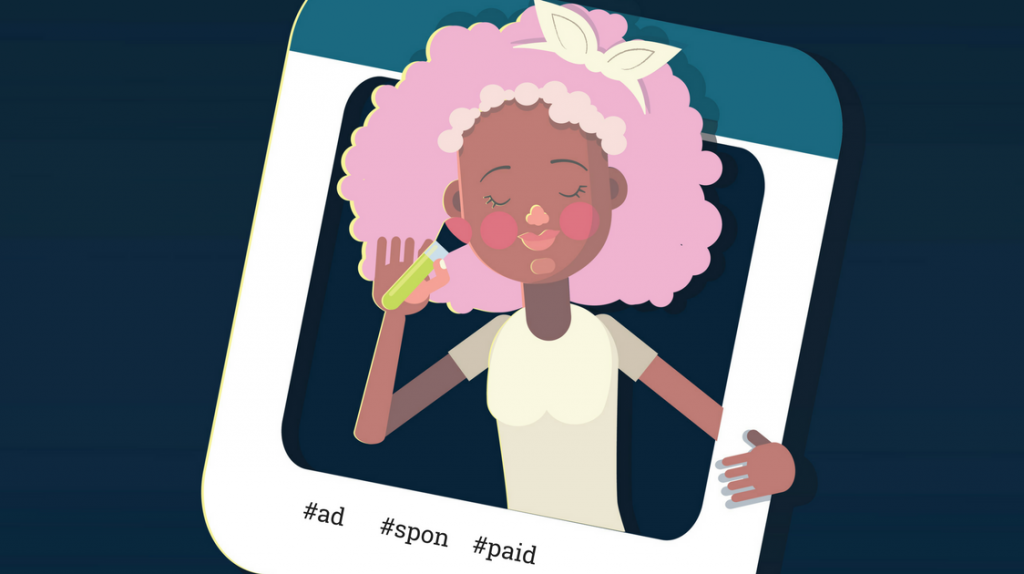Blog / Influencers / PR Tips
Online influencers and disclosure

Online influencers are required to disclose when they have received compensation from a brand to create a piece of marketing content. This applies whether the content is in the form of a social media post, blog, or video. It also doesn’t matter whether the influencer was involved in the creative process or not – if they were compensated then it becomes an advert.
In the UK advertising is overseen by the Advertising Standards Authority (ASA) and sponsorship is controlled by the Competition and Markets Authority (CMA). You need to comply with the regulations of both of these authorities when you are working with influencers.
The main need for disclosure comes when it is not obvious that content has been paid for.
Types of compensation for influencers include money, free gifts or other perks. If an influencer wants to produce content about your product or service because they like it, and they are not being compensated, then this is not an advert.
Using paid endorsements requires all parties involved to be transparent. The influencers will be the ones hitting the final button to publish the content, however PR agencies and the brands they represent are still responsible for ensuring it is clear that the content is paid for.
For blogs, disclosure can be a simple paragraph stating that it is sponsored content. For videos it can either be mentioned in the video or written as an overlay. It’s better to have disclosure included in the actual video rather than just in the description on YouTube or other video publishing site.
Disclosing that content has been paid for on social media is usually done using hashtags.
Also read...

Branded influencer posts on Instagram

Influencers using Instagram, one of the most popular sites for paid content, often use the hashtags #ad, #advert, #spon or #sponsored to indicate that they have been compensated.
Instagram also have additional policies for sponsored content – Branded Content on Instagram
Last year Instagram set up a Branded Content scheme to allow brands to work with verified accounts and easily highlight when a piece of content is an advert. One of the other benefits for companies using Instagram Branded Content Tools is that they can access analytics for posts without relying on the influencer to provide the stats.
Although there are great benefits to the Branded Content scheme, research has found that using a ‘paid partnership’ tag might not yet be as effective as when influencers use #ad or #spon in the post descriptions. But what it does well is the main reason it was created, to help encourage better disclosure of ads.
When working with any influencer on a paid campaign it is important to ensure they are aware of the regulations and will abide by them.
Have you got any tips for ensuring disclosure, whether you’re a PR, brand, or content producer? Share them in the comments section.
Useful resources on online adverts include:
Advice from Competition & Markets Authority (CMA) – Online endorsements: being open and honest with your audience
Adverting Standards Authority (ASA) and Committees of Advertising Practice (CAP) blog – Online Influencers – is it an #ad?



